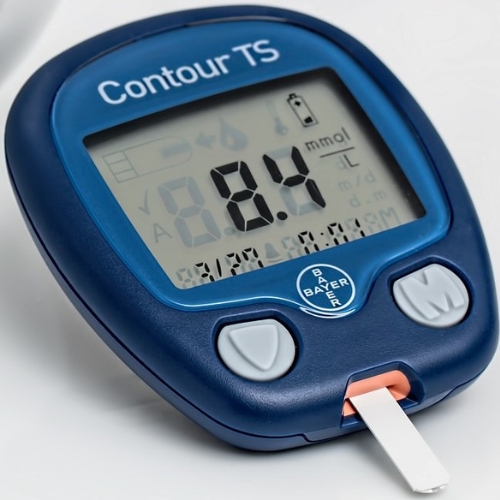Key points from article :
Insulin-producing beta cells change their function in diabetes - this change may be reversible.
Using a completely human cell system in laboratories for the first time.
"People with type 1 diabetes retain beta cells, but the environment can be toxic for these cells" - Lorna Harries, Lead researcher.
Beta cells started to make a different hormone called somatostatin - characteristic of a delta cell.
Somatostatin block the the secretion of important hormones including insulin itself.
Pancreas tissue from people with type 1 or type 2 diabetes revealed that they have more delta cells than they should have.
RNA message made controls every aspect of cell life or behaviour, this could be why the treated cells behave differently.
"We're proud to be take this discovery closer to treatments for people with diabetes." - Carla Owen, CEO of Animal Free Research UK.
Research by the University of Exeter published in the Journal Human Molecular Genetics.





